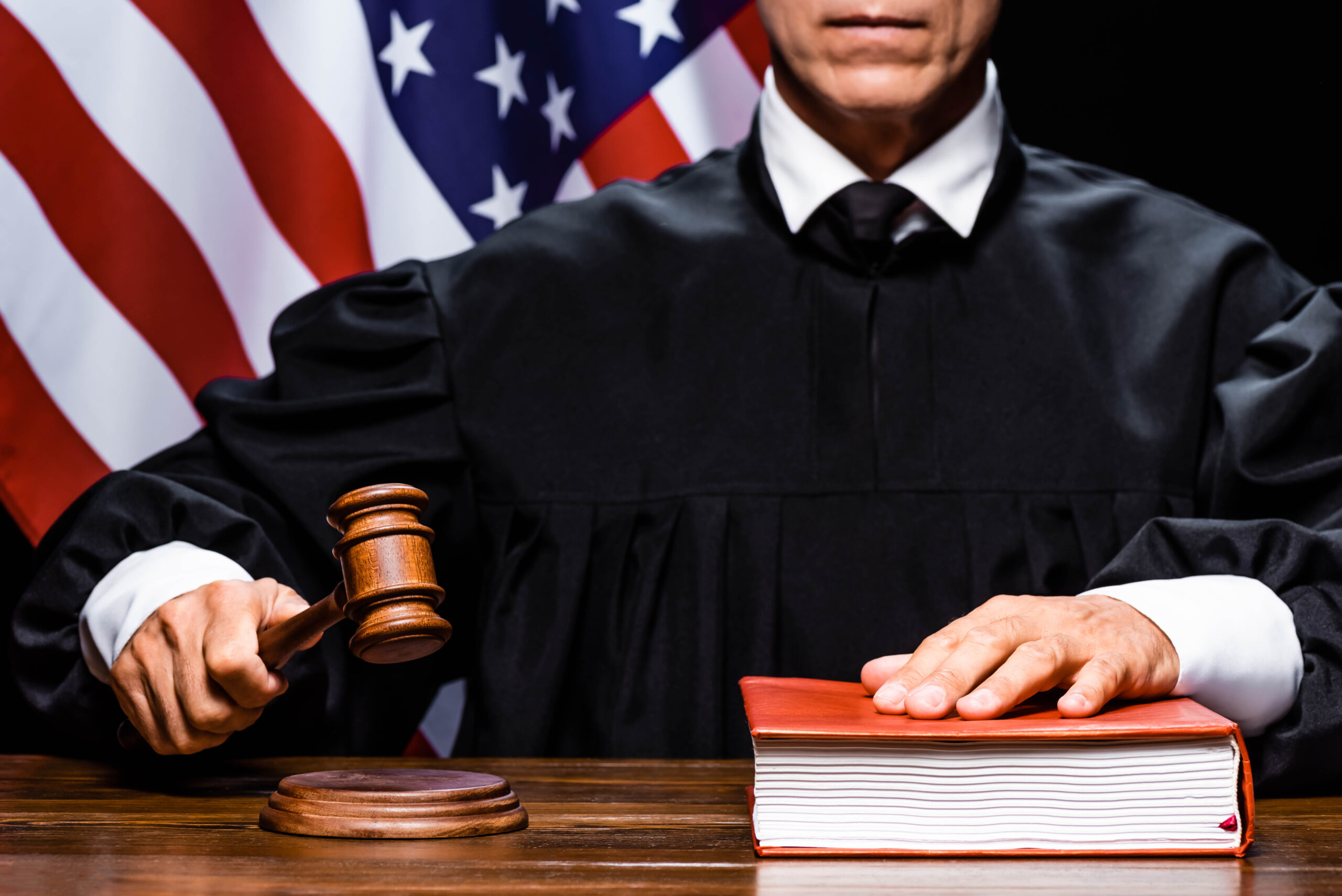What You Need to Know About the Federal Ruling Blocking Expedited Removal of CHNV Parolees
If you’re a CHNV parolee living in the United States, a recent federal court ruling could significantly impact your legal status—and offer you critical protection. On August 1, 2025, a federal judge issued a nationwide injunction blocking the Trump administration from using expedited removal to deport immigrants who entered the country lawfully through the CHNV humanitarian parole program. Read on to find out how this ruling could affect you or your loved ones.
What Was the CHNV Humanitarian Parole Program?
The CHNV program—short for Cuba, Haiti, Nicaragua, and Venezuela—was launched by the Biden administration to offer a legal pathway for individuals fleeing dangerous conditions in those countries. Parolees were allowed to enter the U.S. for up to two years, provided they had a sponsor, passed security screenings, and entered through an official port of entry.
Tens of thousands of families have relied on this program as a safe, legal option for temporary protection and stability.
What Did the Trump Administration Try to Change?
In early 2025, the Trump administration announced plans to end the CHNV parole program and began initiating expedited removal proceedings against immigrants who had entered the U.S. under it—even those who had followed every rule and had no criminal history.
Expedited removal allows the government to deport certain individuals without a hearing before an immigration judge. Under this policy expansion, CHNV parolees could be removed from the U.S. with little to no legal process.
What Did the Court Decide?
On August 1, 2025, U.S. District Judge Jia M. Cobb ruled that the administration had overstepped its legal authority and could not apply expedited removal to CHNV parolees. The court emphasized that deporting individuals who entered lawfully—without providing them due process—violates fundamental constitutional protections.
This decision places a legal block on DHS’s attempt to revoke parole status and fast-track deportations for thousands of immigrants.
Who Is Protected by This Ruling?
This ruling is a major victory for:
-
Immigrants who entered the U.S. under the CHNV humanitarian parole program
-
Individuals who have no criminal history or parole violations
-
Those who were issued a notice to appear or were placed into expedited removal
If you’re in any of these categories, the ruling may protect you from immediate deportation and allow you to fight your case in court.
Why This Ruling Matters
This isn’t just a legal technicality—it’s a major step forward for immigrant rights and due process in the United States. Here’s why:
✅ It stops mass deportations of law-abiding CHNV parolees
✅ It reaffirms that legal entrants deserve a fair hearing
✅ It signals to the government that constitutional rights cannot be bypassed for political convenience
What Should You Do Now?
If you or your loved one is a CHNV parolee, now is the time to act. Even though this ruling offers protection, immigration policy is constantly evolving. You may still face future enforcement actions or lose parole benefits if deadlines are missed or documents are incomplete.
How Herbert Law Group Can Help
At Herbert Law Group, we’ve helped thousands of immigrants protect their rights, stay with their families, and secure legal relief. Our experienced attorneys understand the nuances of parole status, expedited removal, and immigration defense—and we’re here to guide you every step of the way.
We serve clients across Utah, Arizona, and the entire U.S.
📞 Call us now at (385) 399-1135 or visit www.herbertlawgroup.com to schedule your free consultation.
Disclaimer: This post is for informational purposes only and does not constitute legal advice. Contact Herbert Law Group for a personalized legal evaluation.
Source: The Washington Post – August 1, 2025
Subscribe To Receive The Latest News
You can receive email updates on new blog posts by subscribing here.
Add notice about your Privacy Policy here.







